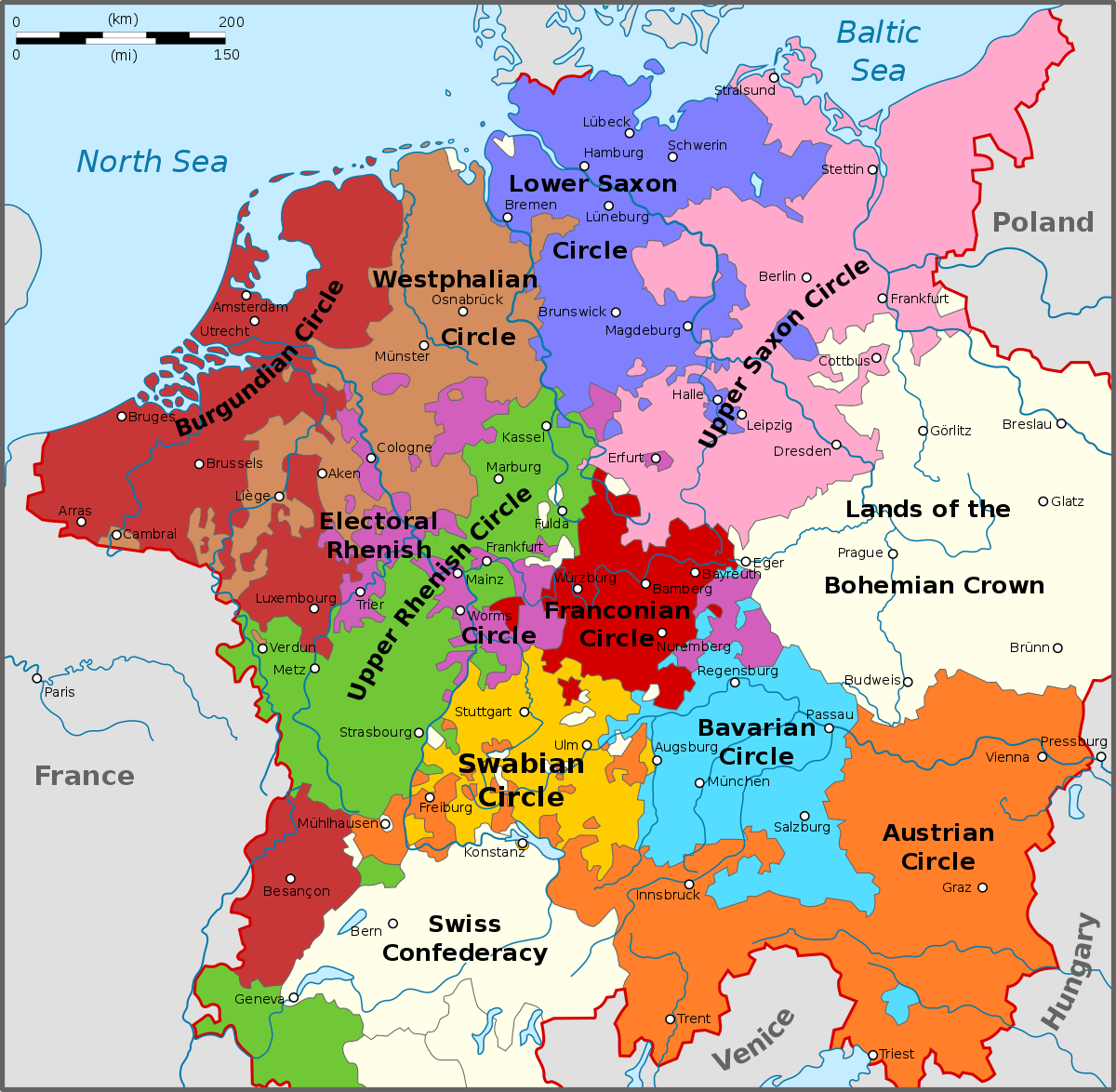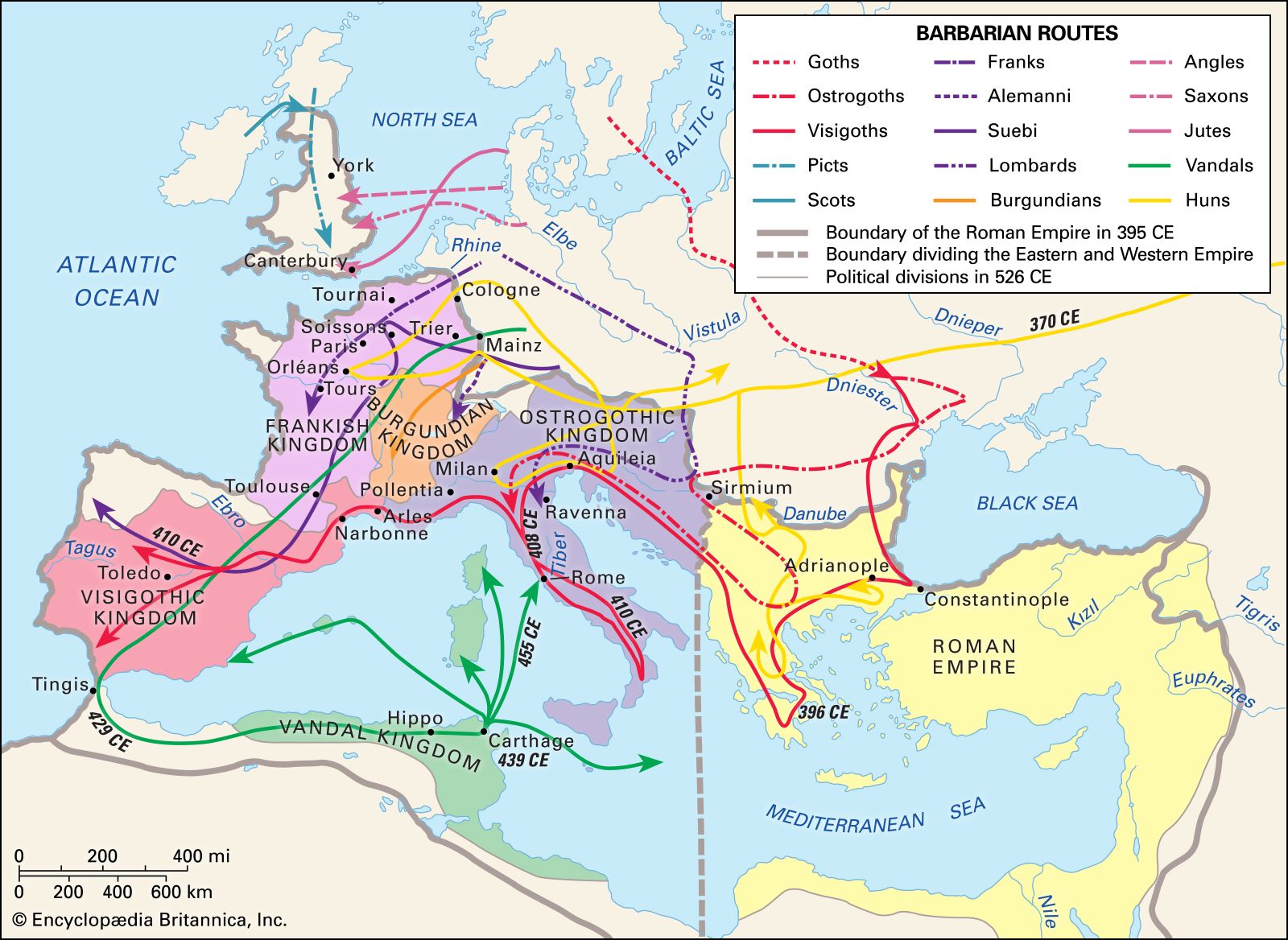If George was not still the King of the USA, then why, according to the treaty, did he think it was up to him to allow people to fish the waters? That's kinda like a father grounding a daughter who had married and moved away.
Nonsense. Constantinople happened before the collapse of the Western Holy Roman Empire.
(Holy Roman Empire, by James Bryce)
The First Roman Empire was secular, the Second Rome is the Imperial Roman Church (Imperial means Empire) aka Holy Roman Empire, and the Third Roman Empire would be the "revived Roman Empire". {was, is not, and yet is}
Oddly enough, the revival of the Holy Roman Empire is claimed to've been the mission of the Reich:
"Dr. Walsh said that he had heard Adolf Hitler say that the Holy Roman Empire, which was a Germanic empire, must be re-established."
PAN-EUROPE CALLED AIM OF NAZI DRIVE; Dr. Walsh of Georgetown Says He Heard Hitler Plan to Restore Holy Roman Empire, The New York Times (February 17th 1940)
Because nations agreeing to what claims of the other they recognize (apparently in this case, fishing rights, in the Grand Banks, I presume) is what treaties are all about.
You are scrambling 2 different concepts:
A: The numbering of German empires in Nazi dogma: 1st (800 HRE), 2nd (1871) unified German empire, 3rd (1933) Nazi German Empire.
B: The succession of leading cities in Christendom in 15th/16th century Russian theological and political dogma: 1st "Rome" is Rome center of Latin Christianity, 2nd "Rome" is Constantinople center of Greek/Orthodox Christianity (and surviving capital of Roman empire), and Moscow as the "3rd Rome" center of Slavic world.
The three Reichs of Germany doesn't mean the three Reigns of Rome (Monarchy, Republic, Empire).
"The movements of
Germanic peoples which began before 200 bce"
Barbarian invasions, the movements of Germanic peoples which began before 200 BCE and lasted until the early Middle Ages, destroying the Western Roman Empire in the process. Together with the migrations of the Slavs, these events were the formative elements of the distribution of peoples in...

www.britannica.com
Roman Empire (27 bce-476 ad)
Roman Empire | Definition, History, Time Period, Map, & Facts
Roman Republic, (509–27 bce)
Roman Republic | Definition, Dates, History, Government, Map, & Facts
Roman Monarchy, (753-509 bce)
"The Roman Kingdom (also referred to as the Roman monarchy, or the regal period of ancient Rome) was the earliest period of
Roman history when the city and its territory were ruled by kings. According to oral accounts, the Roman Kingdom began with the
city's founding c. 753 BC, with settlements around the
Palatine Hill along the river
Tiber in central
Italy, and ended with the
overthrow of the kings and the establishment of the Republic c. 509 BC."--wiki
"The dictatorship at Rome in the second Punic war was not more unlike the dictatorships of Sulla and Caesar, nor the States-general of Louis XIII to the assembly which his unhappy descendant convoked in 1789, than was the imperial office of Theodosius to that of Charles the Frank; and the seal, ascribed to a.d. 800, which bears the legend ‘Renovatio Romani Imperii,’4 expresses, more justly perhaps than was intended by its author, a second birth of the Roman Empire.
It is not, however, from the days of the later Carolingians that a proper view of this new creation can be formed. That period was one of transition, of fluctuation and uncertainty, in which the office, passing from one dynasty and country to another, had not time to acquire a settled character and claims, and was without the power that would have enabled it to support them. From the coronation of Otto the Great a new period begins, in which the ideas that have been described as floating in men’s minds took clearer shape, and attached to the imperial title a body of definite rights and definite duties. It is this latter phase, the Holy Empire, that we have now to consider. ...
4 Of this curious seal, a leaden one, preserved at Paris, a figure is given upon the cover of this volume. There are few monuments of that age whose genuineness can be considered altogether beyond doubt; but this seal has many respectable authorities in its favour. See, among others, Le Blanc,
Dissertation Arstorique sur quelques monnoyes de Charlemagne, Paris, 1689 [etc.]"--James Bryce, The Holy Roman Empire, p.103
https://upload.wikimedia.org/wikipedia/commons/5/54/Silver_denarius_of_Carausius_RIC_571_(FindID_854967).jpg
"It has already been remarked (see p. 26 and p. 62, supra) that neither the extinction of the line of Emperors who reigned in the West down to a.d, 476, nor the establishment of a second imperial line at Old Rome by the coronation of Charles the Great in a.d. 800, was an event of critical significance in the history of the East Roman realm. By the event of a.d. 476 the Eastern monarch became the sole legal representative of Roman claims, claims still admitted in theory, to the lordship of the whole Western world. But the only practical result of
[323]
this nominally enlarged authority was to induce, fifty years afterwards,
Justinian’s reconquest of North Africa, Sicily, Sardinia, and Italy, territories which added nothing to the effective strength of the Empire, and which were successively lost, Africa in the seventh, Sicily and Sardinia in the ninth, Italy partly in the eighth and partly in the eleventh century. By the event of a.d. 800 the right to represent Rome, carrying with it the headship of the whole Christian commonwealth, was withdrawn from the Eastern line, so far as the Roman Church and the Franks could withdraw it, so that such titular sovereignty, by this time shadowy, as still remained to the Roman Emperor ever the world at large, became henceforth vested in those Western potentates, first Frankish, then Italian, ultimately German, who could obtain it from the hands of the Pope, or (in later days) by the election of the German princes. But this effort to transfer the claim to universal monarchy did not affect the legal rights of the Eastern sovereign in the countries which actually obeyed him, and affected but slightly the position he held towards the states that bordered on his own. Though he had lost Rome he continued to hold Southern Italy; nor did any of his nearer provinces in Thrace, or Greece, or Asia shew any signs of turning to his new Teutonic rivals. To the Westerns (other than the Southern Italians) he was already merely a name; so none of their peoples or cities, except Venice, thought of cleaving to him.
To the Easterns he had been, and still remained, not only the national monarch of whom they were proud, but the legitimate heir of Old Rome; for the coronation of Charles in which the Pope, the citizens of Old Rome, and the Franks had joined, was in their eyes an outrageous usurpation."
The Holy Roman empire : Bryce, James Bryce


